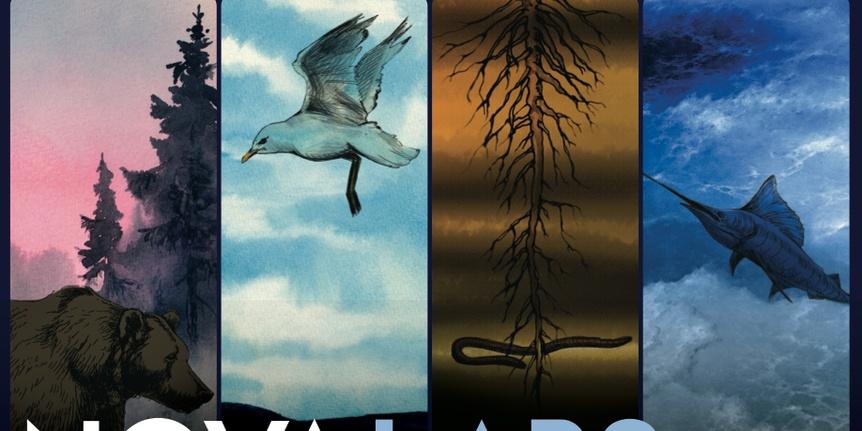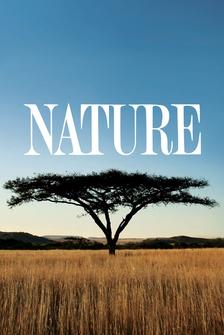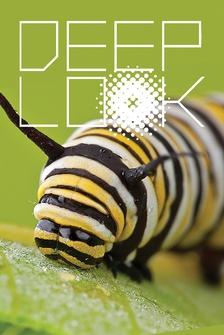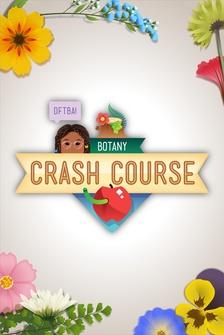- [Dominic] Check this out.
This orangutan used a plant to help heal a wound.
- I got very excited about this observation because it, again, shows how similar we are to our closest relatives.
- [Dominic] A team of researchers think Rakus, a Sumatran orangutan, may have gotten into a fight with another male orangutan, resulting in a gnarly facial wound.
Later, the orangutan was seen eating the leaves of a plant called Akar Kuning, atypical for an orangutan's diet.
Eventually, he took the plant juice out of his mouth and applied it to his wound several times.
He later covered the wound with the plant's leaves and was observed resting more than usual in the following days.
It's possible that the self-medicating behavior was an accidental discovery by this individual, or perhaps it was learned from other orangutans.
- It's possible that he eventually even learned it from his mother or another orangutan and then later applied the behavior once he was wounded himself.
So this is something we don't know, but it's possible.
- [Dominic] Great apes are known to use medicinal plants, chimpanzees ingest specific leaves to get rid of parasites, and there are reports of orangutans applying certain plants to their skin, although not for wound care.
But primates have never been observed using medicinal plants to treat wounds, until now.
Akar Kuning is found across Southeast Asia and it has antibacterial and anti-inflammatory properties.
It's used as a traditional medicine to treat diseases like malaria.
- Orangutans are very smart animals, so they cannot only manufacture tools, but they can also even innovate tools.
We know from other studies that they also do some form of future planning, they have really amazing memory capacities, and also their emotional life is also similar to ours in some ways.
For example, they do show playful teasing, which is, in many ways, comparable to teasing in human infants.
So yeah, as I said, they are more similar than different to us.
(jaunty music)














